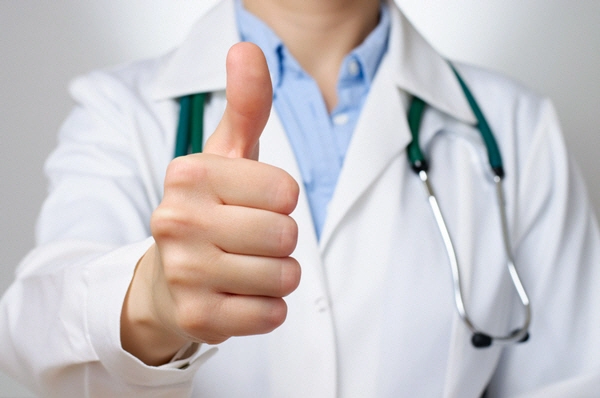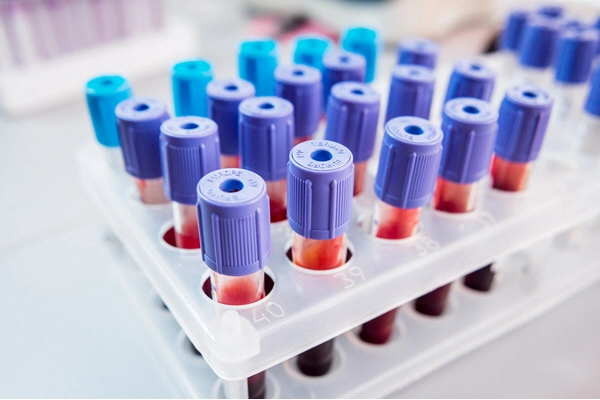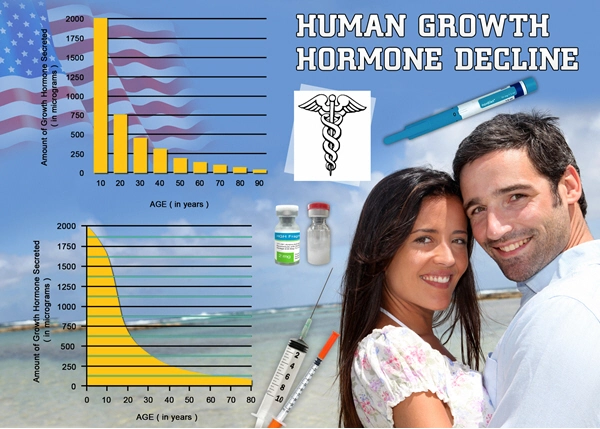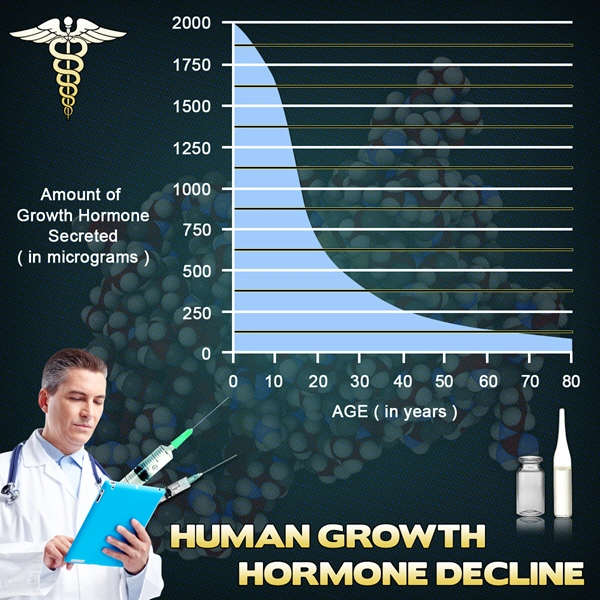Introduction to Primary Hypogonadism
Primary hypogonadism, also known as testicular failure, is a condition where the testes fail to produce adequate levels of testosterone, the primary male sex hormone. This condition can significantly impact the quality of life for American males, affecting everything from sexual function to emotional well-being. Understanding and managing this condition effectively is paramount, and patient education plays a pivotal role in this process.
The Significance of Patient Education
Educating patients about primary hypogonadism is crucial for several reasons. Firstly, it empowers individuals to recognize the symptoms early, such as decreased libido, erectile dysfunction, fatigue, and mood disturbances. Early detection can lead to timely intervention, which is essential for managing the condition effectively. Secondly, education helps patients understand the available treatment options, including hormone replacement therapy, and the importance of adherence to these treatments. Lastly, well-informed patients are more likely to engage in healthy lifestyle choices that can mitigate the effects of hypogonadism.
Symptoms and Diagnosis
Primary hypogonadism can manifest through a variety of symptoms that can be easily overlooked or misattributed to other causes. Common symptoms include reduced sexual desire, infertility, muscle loss, and increased body fat. Diagnosis typically involves a thorough medical history, physical examination, and blood tests to measure testosterone levels. Educating patients about these symptoms and the diagnostic process can demystify the condition and encourage them to seek medical advice promptly.
Treatment Options and Management
The cornerstone of treatment for primary hypogonadism is testosterone replacement therapy (TRT). This can be administered through various methods, including injections, gels, patches, and pellets. Educating patients about the different modalities of TRT, their benefits, and potential side effects is essential for ensuring they make informed decisions about their treatment. Additionally, patients should be informed about the importance of regular monitoring to adjust dosages and assess the effectiveness of the therapy.
Lifestyle Modifications
In addition to medical treatment, lifestyle modifications play a significant role in managing primary hypogonadism. Patients should be educated on the importance of a balanced diet, regular exercise, and maintaining a healthy weight. These lifestyle changes can enhance the effectiveness of TRT and improve overall well-being. Furthermore, education about the avoidance of certain substances, such as alcohol and anabolic steroids, which can exacerbate the condition, is crucial.
Psychological and Emotional Support
Primary hypogonadism can have a profound psychological impact, leading to depression, anxiety, and decreased self-esteem. Patient education should include information on the potential emotional effects of the condition and the importance of seeking psychological support. Encouraging patients to join support groups or seek counseling can provide them with the necessary tools to cope with the emotional challenges associated with hypogonadism.
The Role of Healthcare Providers
Healthcare providers play a critical role in patient education. They must ensure that patients receive comprehensive information about primary hypogonadism, its management, and the importance of follow-up care. This includes providing educational materials, discussing treatment options in detail, and addressing any concerns or misconceptions patients may have. Effective communication between healthcare providers and patients is essential for fostering a collaborative approach to managing the condition.
Conclusion
Patient education is a vital component in the effective management of primary hypogonadism among American males. By empowering patients with knowledge about the condition, its symptoms, treatment options, and the importance of lifestyle modifications, healthcare providers can significantly improve patient outcomes. As we continue to advance our understanding of primary hypogonadism, the emphasis on patient education will remain a cornerstone of comprehensive care.

- Primary Hypogonadism: Overcoming Stigma and Enhancing Men's Health in America [Last Updated On: February 22nd, 2025] [Originally Added On: February 22nd, 2025]
- Exercise Regimen Boosts Testosterone in American Males with Primary Hypogonadism [Last Updated On: March 17th, 2025] [Originally Added On: March 17th, 2025]
- Primary Hypogonadism in Aging American Men: Symptoms, Impacts, and Management Strategies [Last Updated On: March 17th, 2025] [Originally Added On: March 17th, 2025]
- Innovative Therapies and Lifestyle Interventions for Primary Hypogonadism in American Males [Last Updated On: March 19th, 2025] [Originally Added On: March 19th, 2025]
- Primary Hypogonadism: Symptoms, Diagnosis, and Treatment Options for American Men [Last Updated On: March 19th, 2025] [Originally Added On: March 19th, 2025]
- Primary Hypogonadism: Understanding, Managing, and Supporting Affected American Men [Last Updated On: March 19th, 2025] [Originally Added On: March 19th, 2025]
- Primary Hypogonadism: Impact on Work and Strategies for American Men's Productivity [Last Updated On: March 20th, 2025] [Originally Added On: March 20th, 2025]
- Emotional Journey of American Males with Primary Hypogonadism: From Diagnosis to Acceptance [Last Updated On: March 20th, 2025] [Originally Added On: March 20th, 2025]
- Managing Primary Hypogonadism: Diet, Nutrition, and Lifestyle Strategies for American Males [Last Updated On: March 20th, 2025] [Originally Added On: March 20th, 2025]
- Primary Hypogonadism and Obesity Link in American Males: Causes, Impacts, and Management [Last Updated On: March 21st, 2025] [Originally Added On: March 21st, 2025]
- Primary Hypogonadism in American Men: Support Networks and Psychological Impact [Last Updated On: March 21st, 2025] [Originally Added On: March 21st, 2025]
- Primary Hypogonadism and Diabetes: Dual Health Challenge for American Men [Last Updated On: March 22nd, 2025] [Originally Added On: March 22nd, 2025]
- Managing Primary Hypogonadism: Navigating Diagnosis, Treatment, and Support in the US [Last Updated On: March 22nd, 2025] [Originally Added On: March 22nd, 2025]
- Diagnosing Primary Hypogonadism in American Males: Challenges and Advances [Last Updated On: March 23rd, 2025] [Originally Added On: March 23rd, 2025]
- Managing Primary Hypogonadism: Symptoms, Diagnosis, and Treatment Options for American Men [Last Updated On: March 23rd, 2025] [Originally Added On: March 23rd, 2025]
- Managing Primary Hypogonadism: Education and Treatment for American Males [Last Updated On: March 23rd, 2025] [Originally Added On: March 23rd, 2025]
- Primary Hypogonadism: Understanding Emotional Impact and Holistic Management Strategies [Last Updated On: March 23rd, 2025] [Originally Added On: March 23rd, 2025]
- Primary Hypogonadism's Impact on Muscle Mass in American Males: Causes and Therapies [Last Updated On: March 24th, 2025] [Originally Added On: March 24th, 2025]
- American Males' Resilience in Managing Primary Hypogonadism: Stories and Strategies [Last Updated On: March 24th, 2025] [Originally Added On: March 24th, 2025]
- Primary Hypogonadism: Mental Health's Crucial Role in Holistic Care for American Men [Last Updated On: March 24th, 2025] [Originally Added On: March 24th, 2025]
- Innovative Therapies and Personalized Approaches Transforming Primary Hypogonadism Treatment in American Males [Last Updated On: March 24th, 2025] [Originally Added On: March 24th, 2025]
- Community Support Enhances Management of Primary Hypogonadism in American Men [Last Updated On: March 25th, 2025] [Originally Added On: March 25th, 2025]
- Primary Hypogonadism in American Men: TRT's Role and Holistic Management [Last Updated On: March 25th, 2025] [Originally Added On: March 25th, 2025]
- Primary Hypogonadism in American Men: Symptoms, Causes, and Holistic Management [Last Updated On: March 25th, 2025] [Originally Added On: March 25th, 2025]
- Genetic Testing for Primary Hypogonadism: Diagnosis and Management in American Males [Last Updated On: March 25th, 2025] [Originally Added On: March 25th, 2025]
- Primary Hypogonadism's Impact on Sleep: Diagnosis, Treatment, and Lifestyle Management [Last Updated On: March 25th, 2025] [Originally Added On: March 25th, 2025]
- Managing Primary Hypogonadism: Symptoms, Diagnosis, and Healthcare Navigation in the US [Last Updated On: March 25th, 2025] [Originally Added On: March 25th, 2025]
- Primary Hypogonadism: Impact, Advocacy, and Research Needs for American Men [Last Updated On: March 25th, 2025] [Originally Added On: March 25th, 2025]
- Primary Hypogonadism: Impact on Body Image and Management Strategies for American Men [Last Updated On: March 25th, 2025] [Originally Added On: March 25th, 2025]
- Primary Hypogonadism: Family Support's Crucial Role in American Males' Well-being [Last Updated On: March 25th, 2025] [Originally Added On: March 25th, 2025]
- Primary Hypogonadism: Causes, Symptoms, and Early Intervention for American Men [Last Updated On: March 25th, 2025] [Originally Added On: March 25th, 2025]
- Primary Hypogonadism Management: Importance of Regular Check-ups for American Males [Last Updated On: March 25th, 2025] [Originally Added On: March 25th, 2025]
- Financial Burdens of Primary Hypogonadism: Costs, Insurance, and Coping Strategies for American Men [Last Updated On: March 25th, 2025] [Originally Added On: March 25th, 2025]
- Primary Hypogonadism in American Males: Diagnosis, Treatment, and Management Strategies [Last Updated On: March 25th, 2025] [Originally Added On: March 25th, 2025]
- Primary Hypogonadism: Causes, Symptoms, and Treatment in American Men [Last Updated On: March 26th, 2025] [Originally Added On: March 26th, 2025]
- Primary Hypogonadism: Diagnosis, Specialists, and Management for American Men [Last Updated On: March 26th, 2025] [Originally Added On: March 26th, 2025]
- Primary Hypogonadism: Impacts on American Men's Social Life and Health [Last Updated On: March 26th, 2025] [Originally Added On: March 26th, 2025]
- Primary Hypogonadism in American Men: Diagnosis, Impact, and Management Strategies [Last Updated On: March 27th, 2025] [Originally Added On: March 27th, 2025]
- Nutritionists' Vital Role in Managing Primary Hypogonadism in American Males [Last Updated On: March 27th, 2025] [Originally Added On: March 27th, 2025]
- Exercise Physiologists' Role in Managing Primary Hypogonadism in American Males [Last Updated On: March 27th, 2025] [Originally Added On: March 27th, 2025]
- Understanding Primary Hypogonadism: Symptoms, Diagnosis, and Treatment Options [Last Updated On: March 27th, 2025] [Originally Added On: March 27th, 2025]
- Primary Hypogonadism: Impacts, Diagnosis, and Management in American Males [Last Updated On: March 27th, 2025] [Originally Added On: March 27th, 2025]
- Primary Hypogonadism: Impacts and Strategies for Career Success in American Males [Last Updated On: March 27th, 2025] [Originally Added On: March 27th, 2025]
- Primary Hypogonadism's Impact on Physical Activity in American Males: Challenges and Strategies [Last Updated On: March 27th, 2025] [Originally Added On: March 27th, 2025]
- Primary Hypogonadism in American Men: The Vital Role of Peer Support [Last Updated On: March 27th, 2025] [Originally Added On: March 27th, 2025]
- Primary Hypogonadism: Variability in Symptoms and Impact on American Men's Health [Last Updated On: March 28th, 2025] [Originally Added On: March 28th, 2025]
- Primary Hypogonadism in American Men: Diagnosis, Treatment, and Management Strategies [Last Updated On: March 28th, 2025] [Originally Added On: March 28th, 2025]
- Primary Hypogonadism's Impact on Self-Esteem in American Males: A Holistic Approach [Last Updated On: March 29th, 2025] [Originally Added On: March 29th, 2025]
- Primary Hypogonadism: Understanding Treatments and Managing Side Effects in American Males [Last Updated On: March 29th, 2025] [Originally Added On: March 29th, 2025]
- Primary Hypogonadism: Addressing Emotional Challenges in American Men [Last Updated On: March 30th, 2025] [Originally Added On: March 30th, 2025]
- Primary Hypogonadism: Impact, Monitoring, and Management Strategies for American Men [Last Updated On: March 30th, 2025] [Originally Added On: March 30th, 2025]
- Primary Hypogonadism: Impacts and Options for Family Planning in American Males [Last Updated On: April 1st, 2025] [Originally Added On: April 1st, 2025]
- Primary Hypogonadism: Managing Stress and Anxiety in American Men [Last Updated On: April 2nd, 2025] [Originally Added On: April 2nd, 2025]
- Primary Hypogonadism in American Men: Diagnosis, Treatment, and Lifestyle Management [Last Updated On: April 4th, 2025] [Originally Added On: April 4th, 2025]
- Overcoming Psychological Barriers to Treating Primary Hypogonadism in American Men [Last Updated On: April 4th, 2025] [Originally Added On: April 4th, 2025]
- Endocrinologists' Vital Role in Managing Primary Hypogonadism in American Males [Last Updated On: April 5th, 2025] [Originally Added On: April 5th, 2025]
- Managing Primary Hypogonadism: Financial Strategies and Support Options for American Men [Last Updated On: April 6th, 2025] [Originally Added On: April 6th, 2025]
- Revolutionizing Primary Hypogonadism Management with Wearable Tech and Telemedicine in American Men [Last Updated On: April 7th, 2025] [Originally Added On: April 7th, 2025]
- Managing Primary Hypogonadism: Diagnosis, Treatment, and Lifestyle Strategies for American Men [Last Updated On: April 8th, 2025] [Originally Added On: April 8th, 2025]
- Primary Hypogonadism: Impacts on Social Life and Relationships in American Males [Last Updated On: April 8th, 2025] [Originally Added On: April 8th, 2025]



List of USA state clinics - click a flag below for blood testing clinics.
Word Count: 570



















































